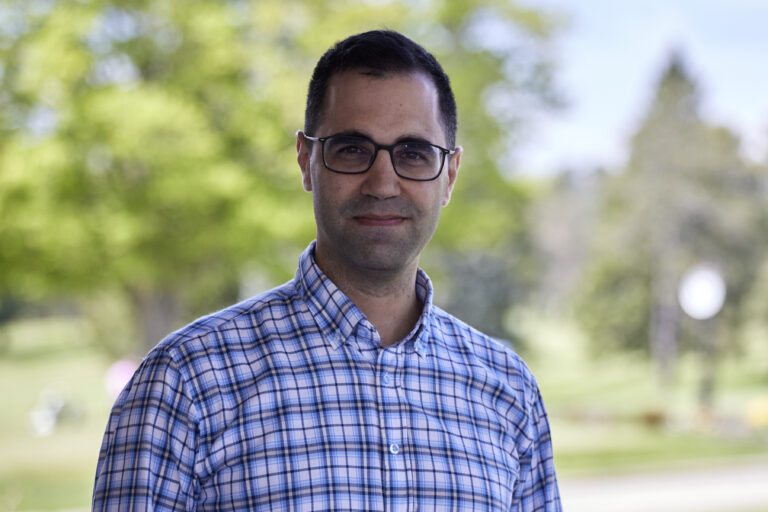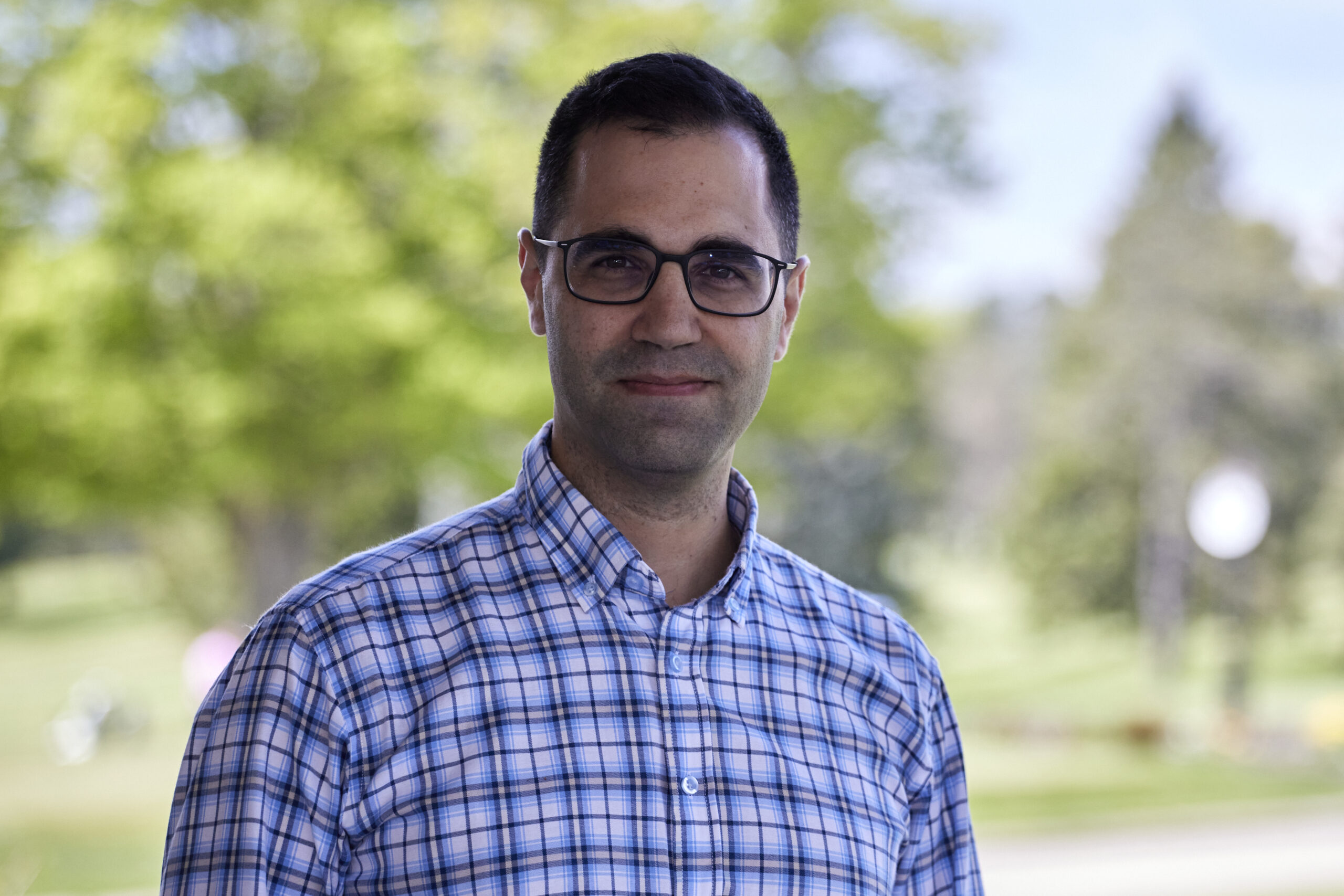Concerted effort by friends, family and non-physician health workers can make a dramatic difference in reducing the risk factors for heart problems in patients with hypertension in Colombia and Malaysia. That was finding of the PHRI study, (HOPE-4) , published in The Lancet on Sept. 2, 2019, and presented the same day at the European Society of Cardiology (ESC) Congress 2019 by PHRI Investigator JD Schwalm.
Schwalm and Patricio Lopez-Jaramillo, principal investigator in Colombia for HOPE-4, discuss the study in this video.
Patients with new or poorly controlled hypertension who were given an integrated, comprehensive intervention by non-physician health workers, along with personal supporters over a year, had a 75% greater reduction in cardiovascular risk as compared to usual care. The intervention resulted in a doubling in blood pressure control, with reductions in low-density lipoprotein (LDL) cholesterol, and improvements in medication adherence, physical activity, and diet,” says Schwalm.
HOPE-4 involved 1,371 patients 50 or older from 30 communities in Colombia and Malaysia. People in sixteen communities received usual care, and those in 14 communities had an intervention that included: the initiation and monitoring of treatments and controlling risk factors by non-physician health workers using tablet-based management algorithms and counselling; the provision of free antihypertensive and statin medicines recommended by non-physician health workers under supervision of physicians; and the involvement of a friend or family member to support adherence to medications and lifestyle advice.
“Previous studies with non-physician health workers led to modest effects on cardiovascular risk factors. We tested whether an intervention involving health workers, general practitioners and family, with provision of evidence-based medications, can safely and substantially reduce individual cardiovascular risk and found it successful,” said Schwalm, who is also an associate professor of medicine at McMaster University and an interventional cardiologist at Hamilton Health Sciences.
Regarding how the intervention was done, tablets were used to collect study data, support health worker counselling patients on health behaviours, and help the health worker make decisions when with the patients, using simplified management algorithms to initiate and monitor antihypertensives and statins. The patient’s friend or family supporter was encouraged to attend sessions with the health worker or physician, and they were present at three-quarters of the visits. In addition, the supporter’s role was to give ongoing help to improve adherence to medications and healthy behaviours between scheduled health worker visits.
The primary outcome was change in Framingham Risk Score, which is an estimate of the ten-year risk of cardiovascular disease. In those who received the intervention, their risk score dropped by 11.2% as compared to 6.4 % in the control, consistent with a 75% greater reduction compared to usual care.
There was an absolute 11.45 mmHg greater reduction in systolic blood pressure, and a 0.41 mmol/L larger reduction in serum LDL cholesterol in the intervention, compared to the control group. Both of these findings are statistically significant. The proportion of patients with controlled hypertension was more than twice as great, 69% in the intervention group compared to 31% in the control group.In particular, there were important improvements in physical activity and diet.
Patricio Lopez-Jaramillo, principal investigator in Colombia for HOPE-4, notes that “the results are so interesting, so important in the perspective of next steps, that we need a national program [in Colombia] to implement the strategy used in HOPE-4.”
Salim Yusuf, principal investigator of the study and PHRI executive director, added that the research results will have global impact. “This strategy is pragmatic, effective, and scalable, and has the potential to substantially reduce cardiovascular disease globally, compared to current methods that are solely physician based,” he said.
“Adopting the HOPE 4 strategy to better control hypertension and reduce other risk factors could help achieve the United Nations’ target for a one-third reduction in premature cardiovascular mortality by 2030.”





